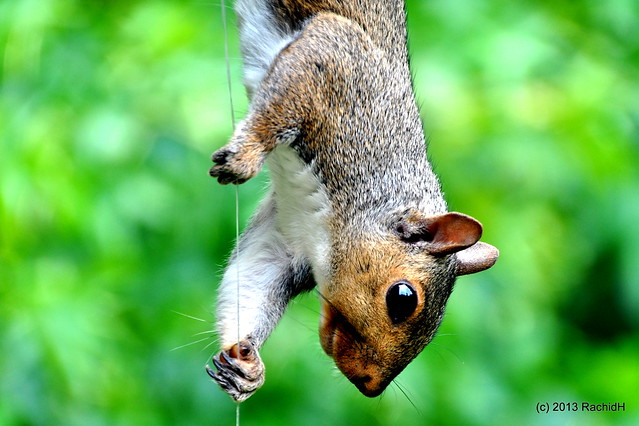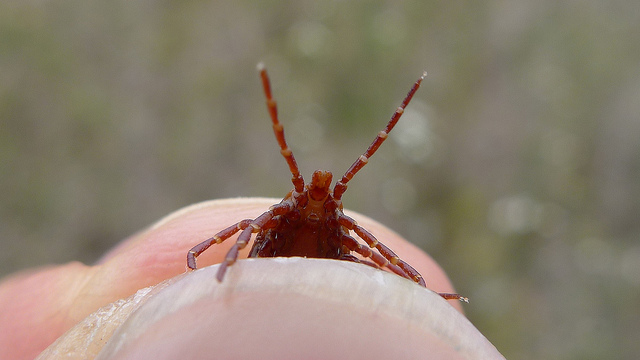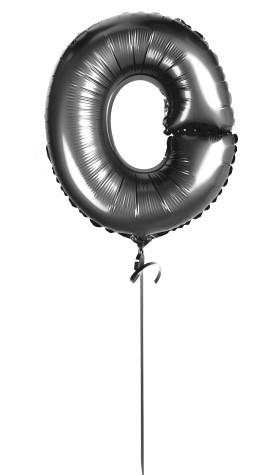
When a society uses a suite of technologies that a single adult can master in his or her lifetime—building a house from scratch, farming, spinning cotton, making medicines, having babies, hunting, fishing, singing and dancing—then it is possible to attain a high level of competency in nearly every major task an adult may be called upon to do.
In the highly specialized western society in which I live, this is not the case. Most of us are completely inept at most things. I cannot build a house, or farm, or fish very well, or sing or play any instruments or do virtually anything well except write. I needed expert help to have my babies and my one attempt at spinning cotton, in the Peruvian Amazon, brought my audience of skilled indigenous people to tears of helpless laughter. Most of us are in this boat. If we can program software, we can’t make a good omelet. If we can make a good omelet, we can’t repair a lawnmower or pass a history test or do even a cursory tango. Most of us suck at most things.
Despite the toll that division of labor has taken on our individual competence in most realms, our admiration for competence is undiminished. We are impressed with people who can weld or make their own beer or do that thing with a frying pan where you flip everything by tossing it into the air. Our cinematic heroes are usually hyper-competent: James Bond, Sherlock Holmes–even the endearingly sociopathic John Wick, who has efficiently killed more than 300 people in his three films.
Continue reading





